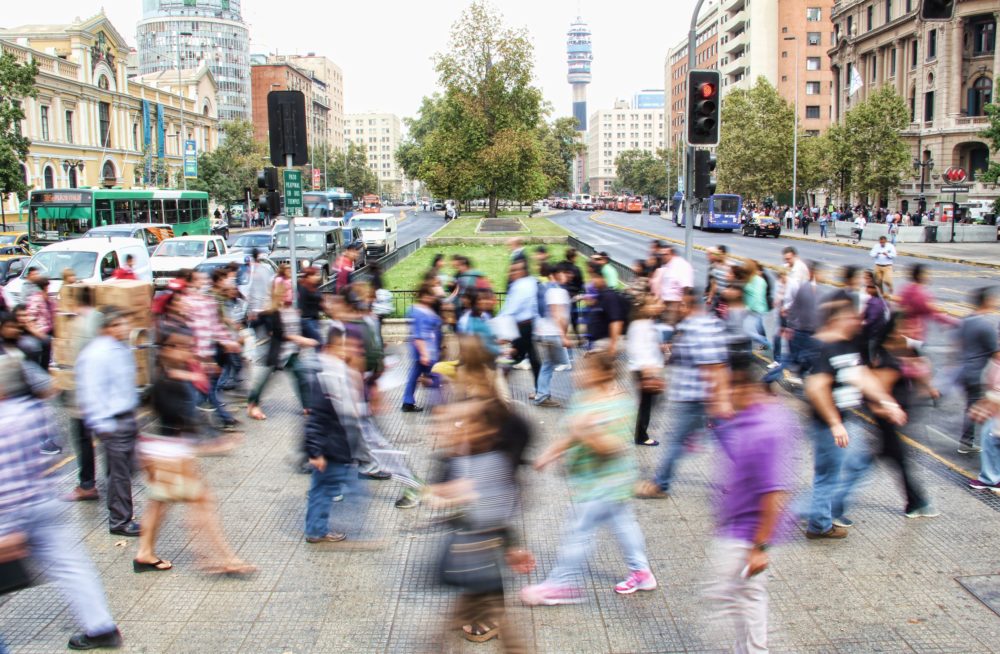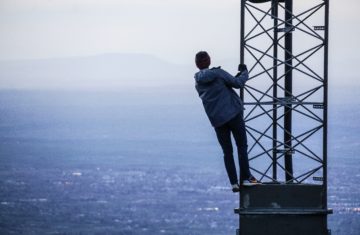Though we begin by assessing our own work, Right Livelihood is a collective reality. We’re all in this together. And that makes it a little more complicated. But it also keeps us from feeling too high and mighty. Because there’s no way to shield ourselves from the collective work of liberation.
For example, even if we don’t deal in meat production, many of us certainly benefit from those who do. Butchers and ranchers have a job because we eat what they produce. In the same way, just because we don’t deal in weapons directly, it doesn’t mean we as a nation don’t benefit from the global war industrial complex. And unless you’re a Flint, Michigan activist, we all should feel convicted that companies have polluted local water supplies and most of us have stood by and done nothing.
Right Livelihood forces us to ask hard questions, not only about our own work, but about the kind of work we support in myriad ways. Every dollar we spend, every vote we take, either strengthens our collective life or weakens it. So when we practice Right Livelihood, we can’t do it just from a personal perspective. That’s simply where we begin.
On the flip side, it’s also worth pointing out that any job- even those that seem naturally meritorious- can be harmful. We have to look no further than the scandals in religious communities over sexual assault to see that even someone who chooses “spiritual guide” as their job can perform it in a corrupt way. Nobody is immune from corruption, dishonesty, or moral confusion. The wiser we are about that, the more honestly we’ll be able to pursue Right Livelihood for all.
This week, take time to notice all the ways your daily choices affect the collective. Think about who makes your meals, builds the roads you drive on or drives the bus you ride in. Who picks up your trash, brings your mail? How can we pursue Right Livelihood for all of us?
This post belongs to a series on practicing the Eightfold Path. Learn more about practicing Right Livelihood by reading the other posts here.




